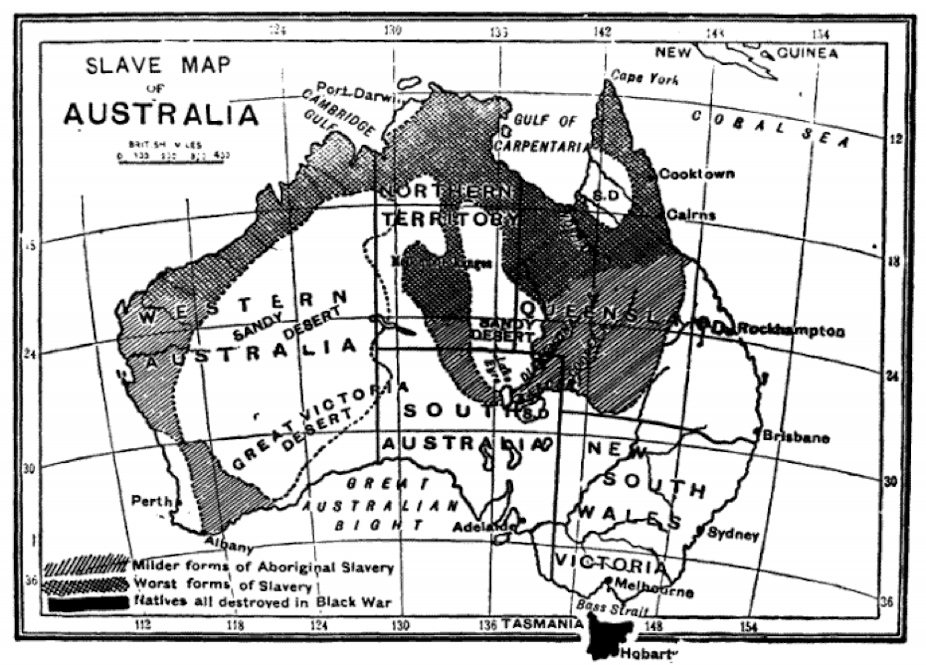In 1894, twelve-year-old Matilda flees the city slums to find her unknown father and his farm.
But drought grips the land, and the shearers are on strike. Her father has turned swaggie and he’s wanted by the troopers. In front of his terrified daughter, he makes a stand against them, defiant to the last. ‘You’ll never catch me alive, said he…’
Set against a backdrop of bushfire, flood, war and jubilation, this is the story of one girl’s journey towards independence. It is also the story of others who had no vote and very little but their dreams. Drawing on the well-known poem by A.B. Paterson and from events rooted in actual history, this is the untold story behind Australia’s early years as an emerging nation.
Source: A Waltz for Matilda | Jackie French
Jackie French’s A Waltz for Matilda builds out a story of life in rural Australia based on the ballad Waltzing Matilda. It captures various facets, whether it be the role of Chinese gardeners, indigenous relations, federation, droughts, floods and fires.
A Waltz for Matilda was meant to be a short book, but it became a saga, an adventure, a tale of rags to riches. A story of indomitable women and extraordinary men, set against a sweeping background that ranges from factories where children sweated for almost no wages and rarely saw the sun, to the farms of the western plains; the Boer War; Federation; and ending as the first letters trickle home from Gallipoli. It is a love story, but not just about a girl and boy, and an old man and a woman. It is a love song to Australia. It is the story of how – and why – we became a nation. And – more than any other book – it’s a story from my heart.
Source: A Waltz for Matilda | Jackie French
One of the interesting commentaries was the impact of drought:
‘If there had been no drought there’d have been no shearers’ strike, no union. If times had been better no one would have worried about tariffs between the states or kanakas coming in to take white men’s jobs. Without all of that we’d still be a collection of states, bumbling along side by side. The drought gave us Australia.’
Source: A Waltz for Matilda by Jackie French
This reminded me of Scott Reynolds Nelson’s new book, Oceans of Grain, and the way in which nature impacts so much of life.
The style of the novel, with the joining of the dots of history reminded me of James A. Michener.
via BorrowBox


